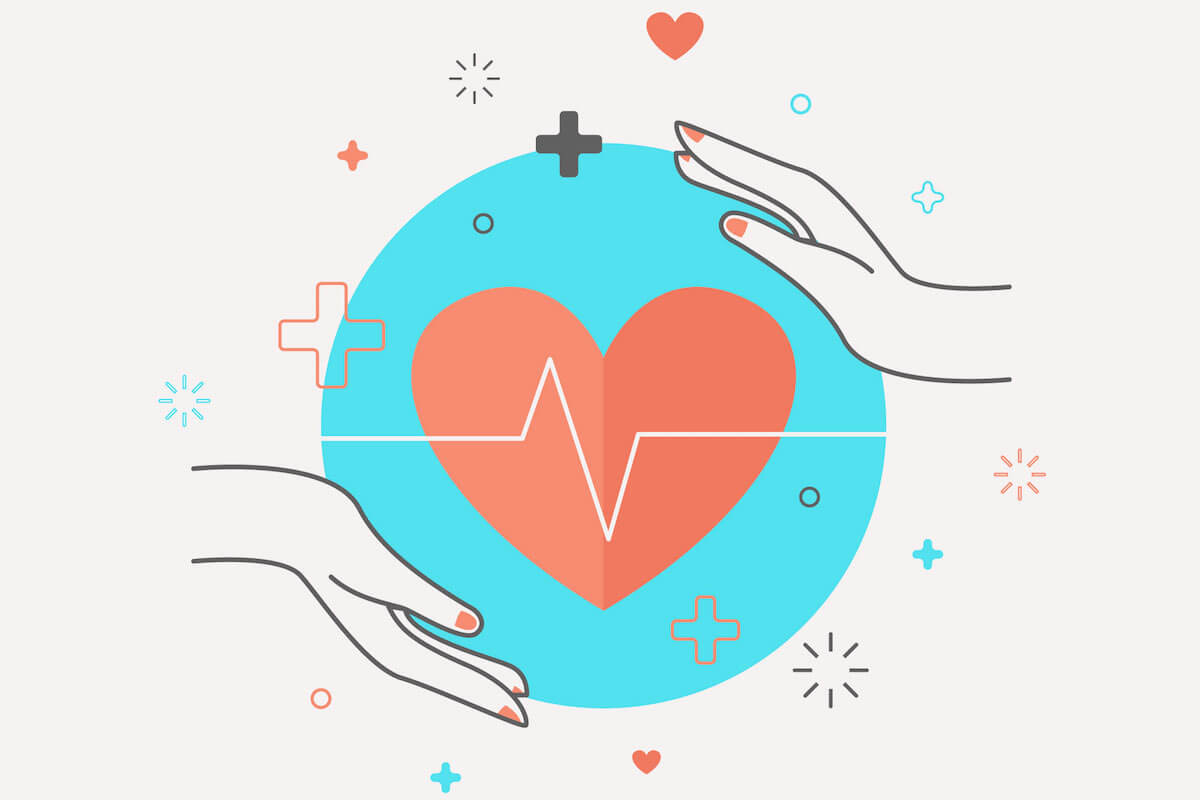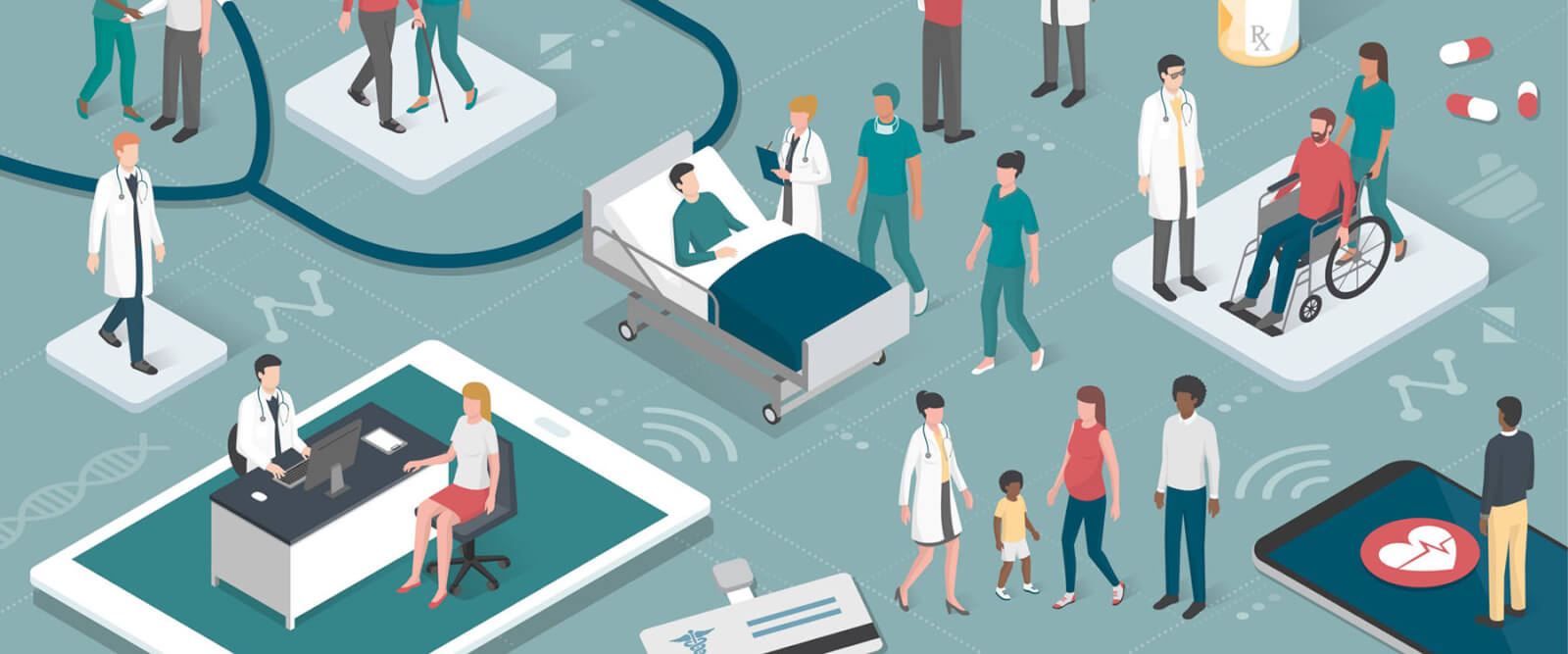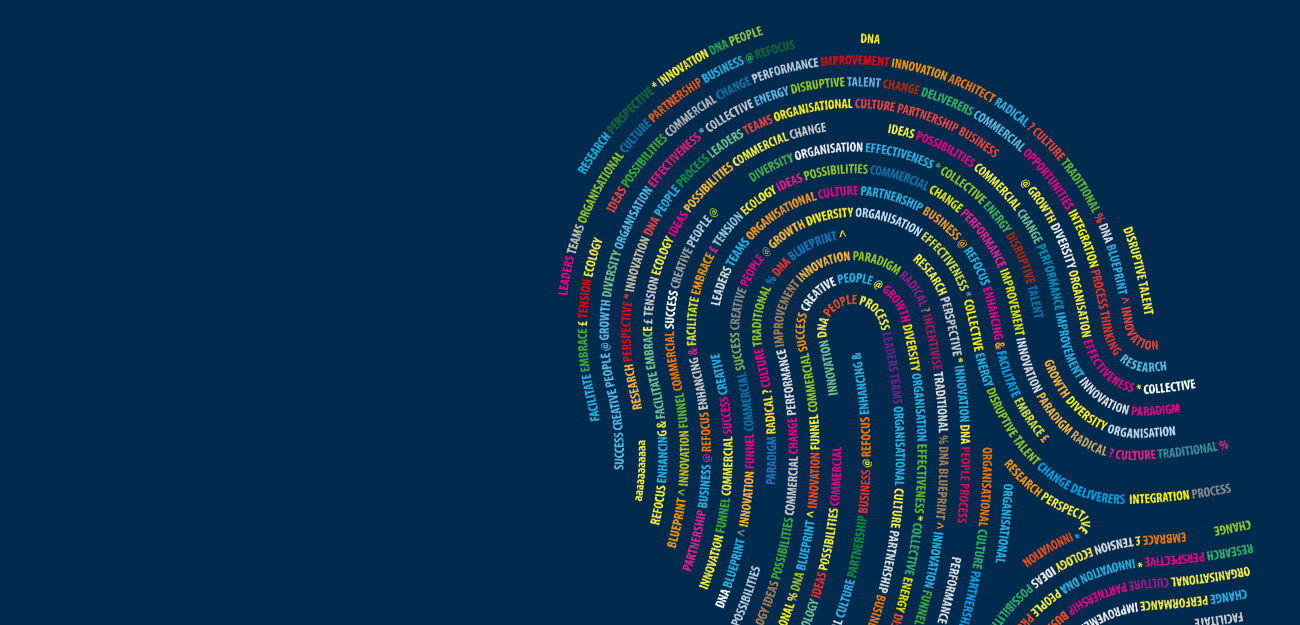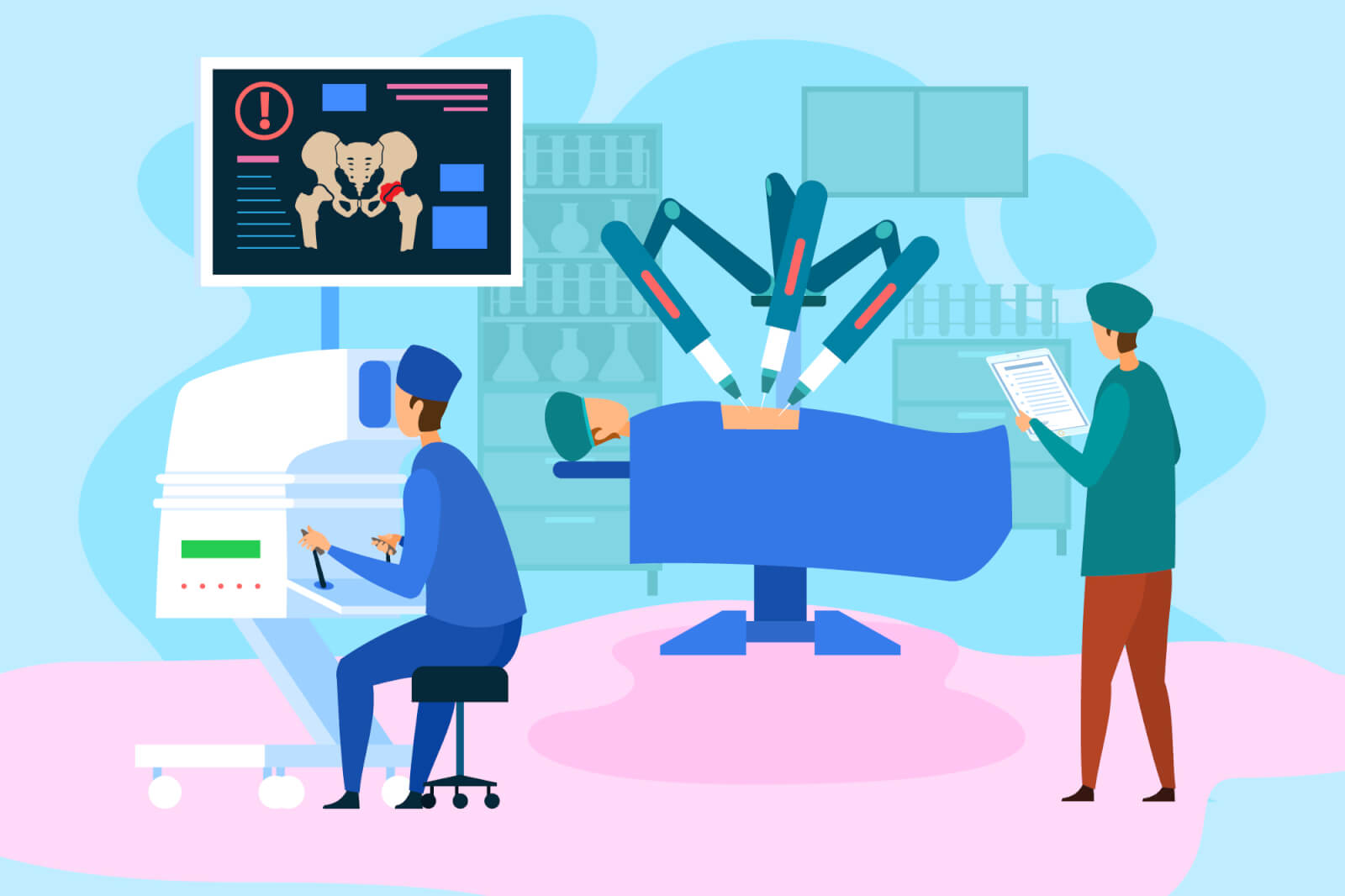 The COVID-19 crisis is accelerating technological innovation across a multitude of fields, and healthcare is no exception. Because we are working against the clock for a solution to this pandemic, it’s the right time to start experimenting with new methods and expand the capabilities of emerging technologies. Experienced business leaders agree: per a recent Accenture survey of 259 payer and provider executives, more than 50% of respondents say that rapid advancements in science and emerging technologies are going to disrupt healthcare.
The COVID-19 crisis is accelerating technological innovation across a multitude of fields, and healthcare is no exception. Because we are working against the clock for a solution to this pandemic, it’s the right time to start experimenting with new methods and expand the capabilities of emerging technologies. Experienced business leaders agree: per a recent Accenture survey of 259 payer and provider executives, more than 50% of respondents say that rapid advancements in science and emerging technologies are going to disrupt healthcare.
Here are five healthcare applications that emerged before the pandemic but are now being accelerated by the coronavirus.
The Patient Experience
The vast majority (85%) of leaders polled think that technology has become inseparable from the human experience. And they’re correct; patients expect more from digital experiences today across retail, social media, and even healthcare services like online appointment booking and telehealth appointments.

Patients want more personalized experiences from their healthcare providers, and they want to feel important and seen. Not only that, but they also want to feel protected by the healthcare system. 70% of healthcare consumers polled were concerned about commercial tracking and data privacy in their online behaviors, activity, interests, and location. 70% of healthcare consumers polled said they expect their relationship with technology to become more prominent in the next three years.
Dr. Kaveh Safavi, a Chicago-based physician and lawyer, is a senior managing director of Accenture’s Health team. He says that the COVID-19 pandemic is accelerating the intersection between healthcare experiences and digital technology. According to Dr. Safavi, “Leading the future of care will demand rethinking core assumptions about the intersection of people and technology.”
Because people’s relationship with and perceptions of technology are evolving, the healthcare system must adapt by redesigning digital experiences.
AI in Healthcare
Many leading healthcare organizations are using AI and other algorithmic technology to improve their existing workflows and automate their operations processes. With well-designed human-AI collaboration, the patient and provider experience can blossom into a fruitful and long-term relationship.
Accenture’s research found that 69% of healthcare executives polled are already adopting or piloting artificial intelligence (AI) applications. Patients interfacing with AI will experience fluid interactions between themselves and the machine.
But we must be careful to consciously design AI medical applications with human-centered design principles and easy-to-use features. Indeed, only 39% of executives polled said they’ve included human-centric design principles or inclusive design to support a large variety of patient interactions.
A Growing Internet of Medical Things
The Internet of Things (IoT) encompasses a wide variety of devices, sensors, software, and industries. And now there’s a subset of IoT development that includes the vast amount of equipment, sensors, thresholds, and procedures involved in healthcare and medicine. Industries outside of healthcare are beginning to launch products that can be updated with the ability to expand experiences and services in the future, which affords customers flexibility when their needs, expectations, and demands change.
Healthcare should be the next industry to offer this new type of product to customers, working to offer patients adaptable products and ecosystems that can accommodate ongoing changes and updates. This type of “co-ownership” product, wherein the company and the customer are connected closely throughout the lifetime of the product, is becoming indispensable in the race against the pandemic.
Disruptive DNA Innovation
Innovation DNA differs from regular human DNA in that it has nothing to do with genetics. Instead, innovation DNA refers to an organization as it grows to accommodate the future: scientific advancements that are disruptive but discrete; maturing digital technology that is accessible and more commoditized; and the use of emerging technologies like blockchain, augmented and virtual reality, AI, and quantum computing to scale rapidly.
Helpful Robots
Robots are no longer confined to warehouses and factory floors. They’re a major lifeline for hospital staff these days, offering sanitization, vital measurement, and visitor information for hospital patients and visitors. With the imminent rollout of 5G technology and the ever-decreasing cost of hardware, robotics will become more and more ubiquitous outside of the warehouse and other production facilities.
71% of the executives polled think that robotics will enable the next generation of products and services for patients in the physical world. In healthcare, staff is stretched extremely thin already, so there is no end to the potential for robotics applications. But 54% of executives polled believe that their employees will face challenges in figuring out how to work with them. Dr. Safavi adds, “As robotic capabilities extend beyond controlled environments, healthcare organizations will face new challenges around talent investments, data collection, and human-machine interaction and collaboration.”
Healthcare’s Finally Evolving With the Times
Technology, especially outside of healthcare, is evolving and becoming more necessary for our lives. That’s why it is so impactful when applied to healthcare: it augments and greatly improves a service of which we’re already lifelong customers. 78% of leaders polled said they believe the stakes for innovation are the highest they’ve ever been, and “getting it right” is going to necessitate new innovations with organizations across many industries.
The COVID-19 pandemic is accelerating technology to break new boundaries more than ever before. To stay in the game, healthcare organizations must explore and apply emerging technologies to their products and services to improve the patient and medical experience.
What do you think of COVID-19’s effect on medical technology? As always, let us know your thoughts in the comments below!








